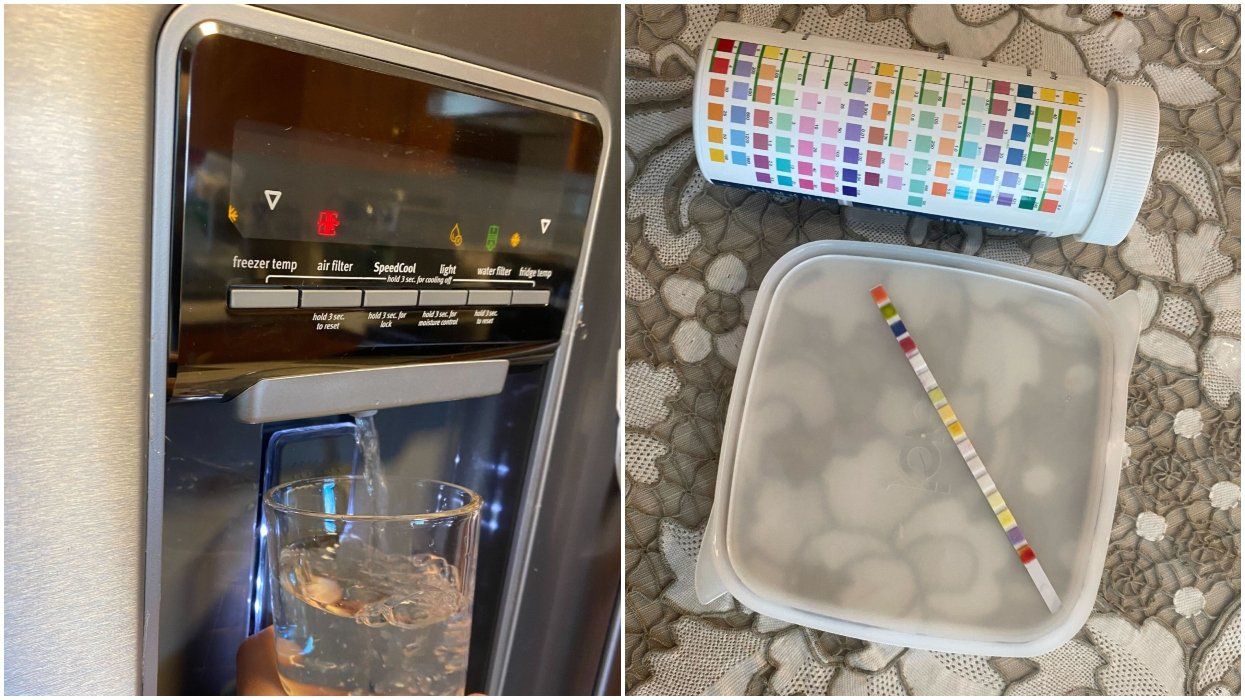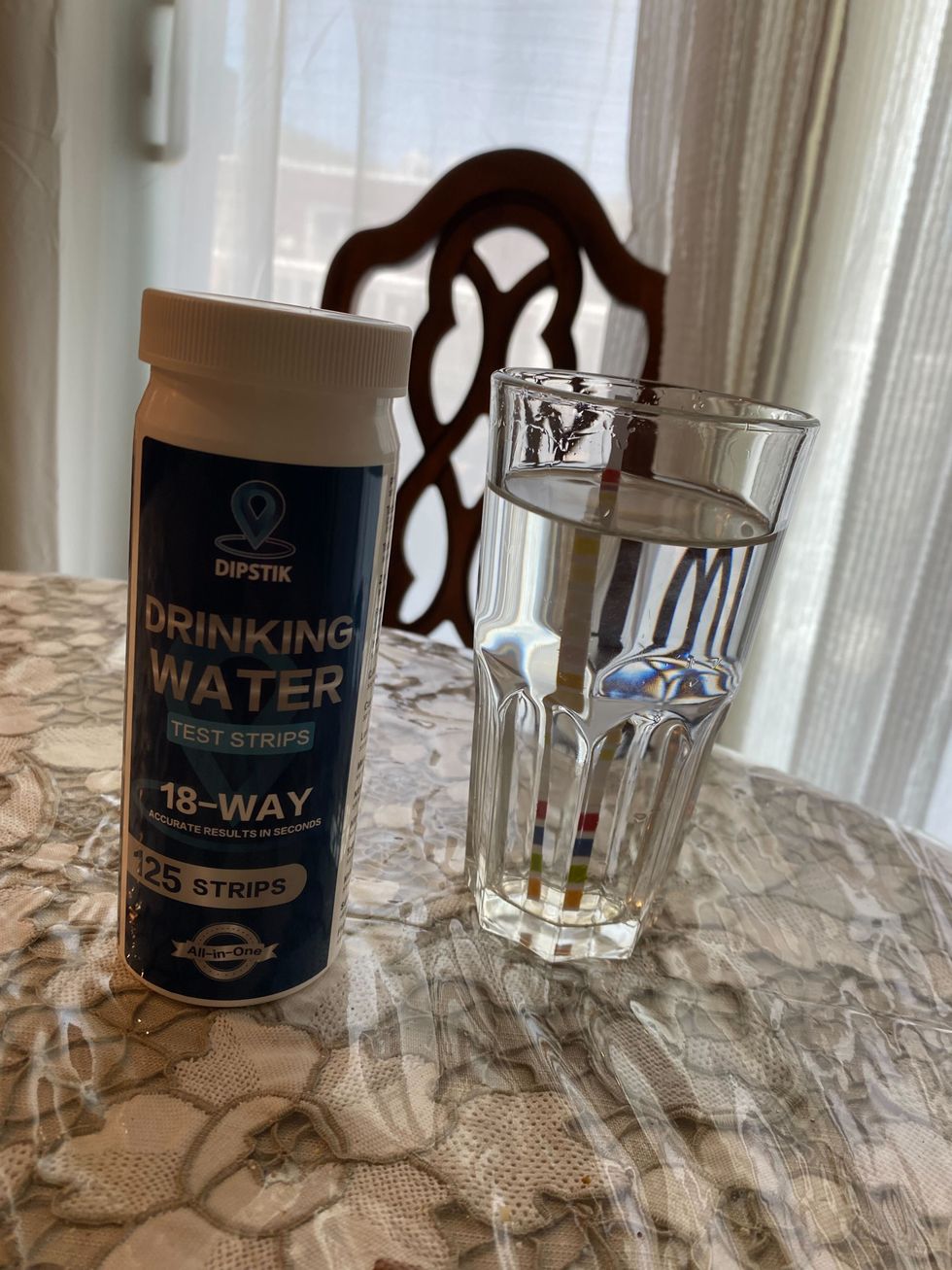I tested my filtered fridge water against Montreal tap water and the results surprised me
Is your fancy fridge making your water any safer to drink?

I tested my filtered fridge water against Montreal tap water.
If you're one of the many people who paid extra for a fridge with a built-in water filter, you probably assume it's quietly handling the stuff you don't want in your glass. I've always treated mine that way, swapping it out every six months like clockwork, confident it was giving me something cleaner than what comes straight from Montreal's taps.
Until now, at least.
I recently ran a full 18-in-1 water test on the stuff that comes out of my kitchen sink. The results showed my tap water was already in great shape. Since it's clean, safe, and free of the stuff most people worry about, I began to wonder: if the water's fine to begin with, is my fridge filter just a fancy taste-tweaker?
I decided to find out.
Using the exact same test kit, I filled a glass straight from my Maytag fridge's dispenser and let the strips do their work. The kit checks for 18 different things, from heavy metals to chlorine, and it's surprisingly quick.

Here's how the filtered water scored:
- pH: 6.8
- Alkalinity: 80
- Total hardness: 100
- Zinc: 0
- Free chlorine: 0
- Iron: 0
- QAC / QUAT (quaternary ammonium compounds): 0
- Copper: 0
- Lead: 0
- Mercury: 0
- Nitrate: 0
- Nitrite: 0
- Total chlorine: 0
- Manganese: 0
- Sulphate: 0
- Fluoride: between 0 and 4 mg/L (Health Canada target: 0.7 mg/L; maximum acceptable: 1.5 mg/L)
Compared to my tap test results (pH 8.4, alkalinity 120 ppm, hardness 250 ppm), the fridge sample told a slightly different story. The pH dropped to 6.8, bringing it slightly under neutral, and the alkalinity went down to 80, which is not necessarily a good thing.
The total hardness also plunged from 250 ppm (solidly in the "hard" category) to just 100 ppm, which is considered "soft" water.
To put it in plain terms, that means the filter removed a good portion of the calcium and magnesium minerals naturally present in Montreal's water.
While that change might make a difference in taste or help reduce spots on glassware, it doesn't actually improve the water's safety. Both samples came back equally clean in the ways that matter most. There were no detectable traces of heavy metals like lead, mercury, or copper. Chlorine and total chlorine levels were zero, meaning there was no leftover disinfectant from the treatment process. Even the more obscure things, like quaternary ammonium compounds that can sometimes sneak in from cleaning agents, didn't register on either strip.
The only reading that remained a question mark was fluoride. Like before, the strip landed somewhere between 0 and 4 mg/L, which is a safe range but not specific enough to draw firm conclusions.
So the real takeaway is this: my fridge filter definitely changes the water's mineral profile, making it softer, but when it comes to keeping me safe, it's not doing anything that the city's water treatment system hasn't already accomplished.
The tap water in my building was already hitting all the right marks before it ever touched a filter.
